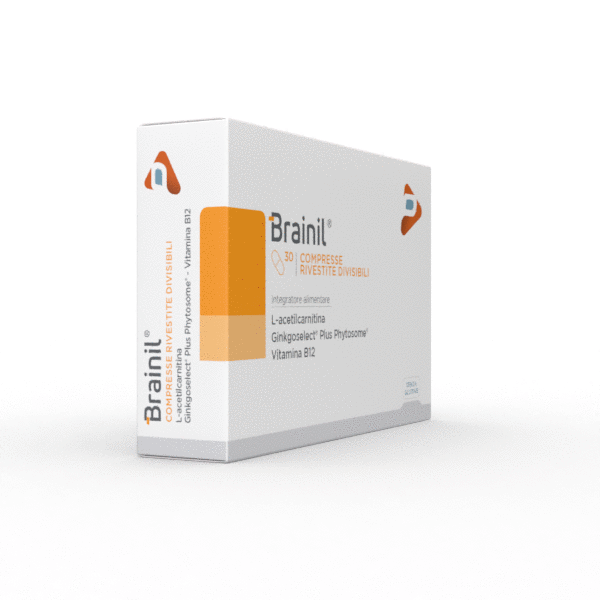Moderate to severe pain undermines the quality of life, it is known that what was not known until now is that it can damage it to such an extent that it can represent an important risk factor for common mental disorders. This was demonstrated by a recent study, published in the prestigious journal Pain (Pain as a risk factor for common mental disorders. Results from the Netherlands Mental Health Survey and Incidence Study-2: a longitudinal, population-based study. Pain 2018; 159 (4): 712–718).
19% of the European adult population suffers from moderate to severe pain that often impacts the quality of life and mental health. This study wanted to deepen this relationship, obtaining an important result: pain could be an important risk factor for common mental disorders. This means that greater attention to the association between these two problems in the general adult population could contribute to improving the strategies aimed at their prevention and their treatment.
Over 5,300 adults of Dutch nationality with an age between 18 and 64 were studied. None of the participants had experienced a mental disorder in the previous 12 months.
The severity of pain, the interferences that the pain itself causes in daily activities and mental disorders were measured.
It was found that moderate to very severe pain is associated with a higher risk of mood disorders or anxiety. There was no correlation between pain, its severity, pain-related interferences and the previous history of mental disorders. Consequently, moderate to severe pain appears to be a strong risk factor for the first episode or recurrent episodes of mood and anxiety disorders, regardless of other mental disorders. Pain management programs can therefore also serve as a preventive program for mental disorders.
An aid from integration
Acetylcarnitine and Ginkgo biloba, a plant extract with antioxidant action, support for memory, cognitive functions and normal blood circulation.


